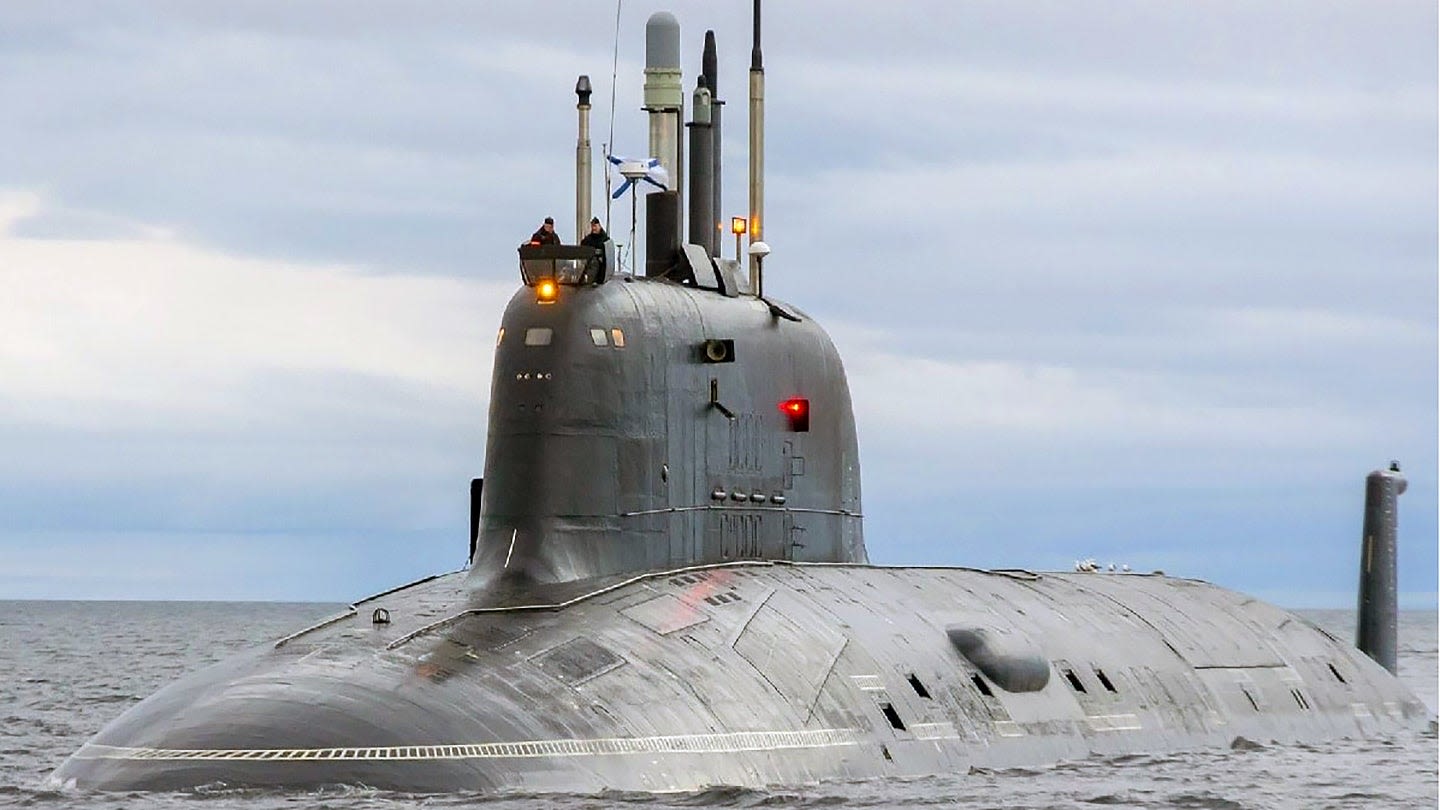Search results
Nuclear power is the use of nuclear reactions to produce electricity. Nuclear power can be obtained from nuclear fission, nuclear decay and nuclear fusion reactions. Presently, the vast majority of electricity from nuclear power is produced by nuclear fission of uranium and plutonium in nuclear power plants.
Nov 15, 2022 · Nuclear energy is a form of energy released from the nucleus, the core of atoms, made up of protons and neutrons. This source of energy can be produced in two ways: fission – when nuclei of atoms split into several parts – or fusion – when nuclei fuse together.
May 29, 2024 · nuclear energy, energy that is released in significant amounts in processes that affect atomic nuclei, the dense cores of atoms. It is distinct from the energy of other atomic phenomena such as ordinary chemical reactions, which involve only the orbital electrons of atoms.
Nuclear physics is the field of physics that studies atomic nuclei and their constituents and interactions, in addition to the study of other forms of nuclear matter. Nuclear physics should not be confused with atomic physics, which studies the atom as a whole, including its electrons.
News about Cuba, Russian naval ships, Russia
News about nuclear power, Ukraine, Russia
Mar 26, 2019 · How does nuclear energy work? Is radiation a risk? Find out the difference between nuclear fission and fusion, how uranium fuels the process, and the pros and cons of this alternative energy...
Nuclear. Nuclear power, the use of sustained nuclear fission to generate heat and electricity, contributes nearly 20 percent of the electricity generated in America. The United States has used nuclear power for more than 60 years to produce reliable, low-carbon energy and to support national defense activities.
Oct 19, 2023 · Nuclear energy is the energy in the nucleus, or core, of an atom. Nuclear energy can be used to create electricity, but it must first be released from the atom.







